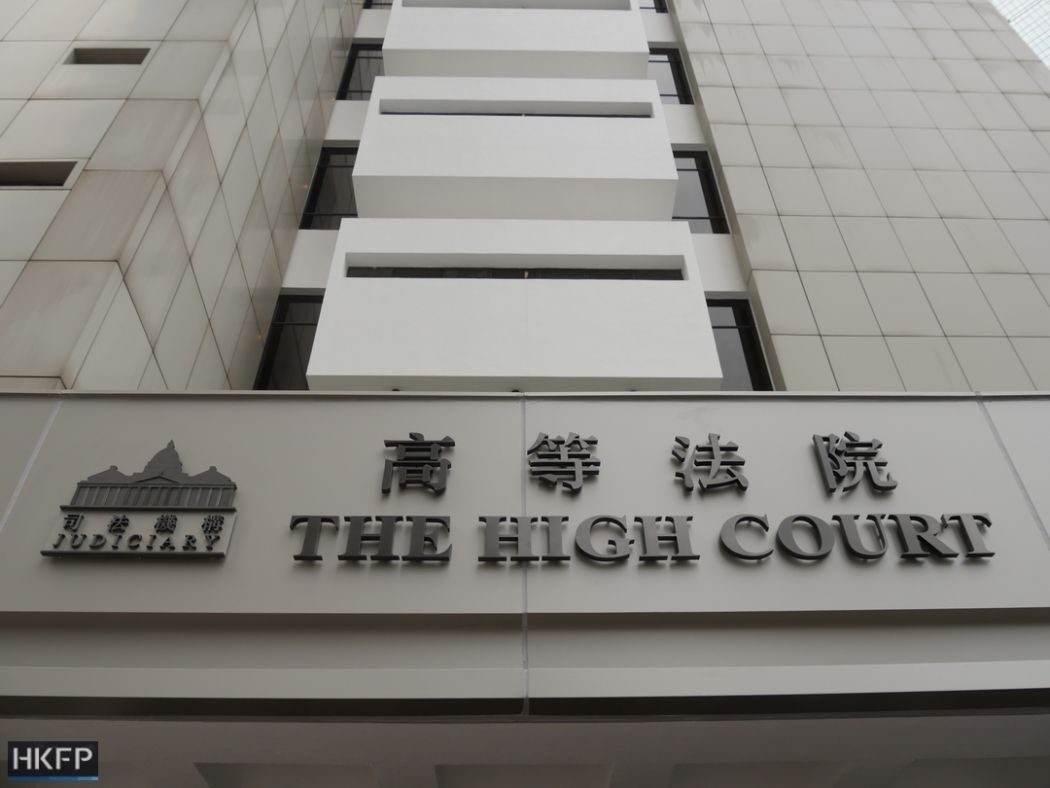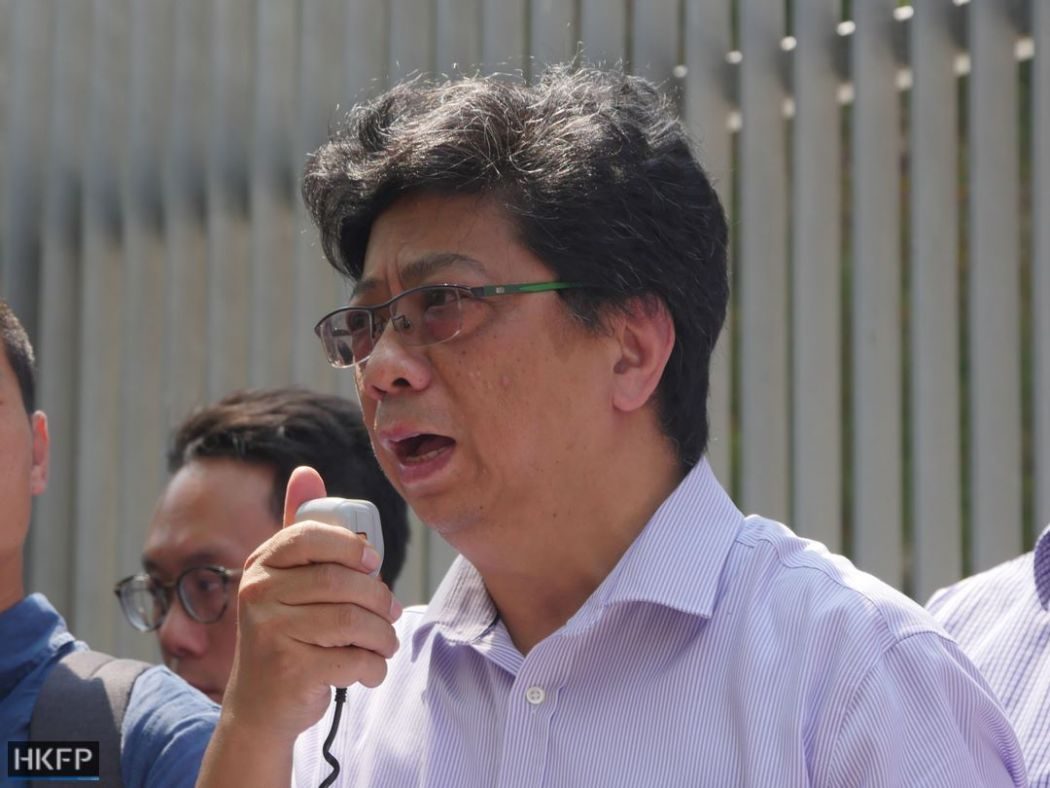The Court of First Instance has ruled against a police group’s judicial review over whether the public availability of voter registry information contravenes their privacy.
The Junior Police Officers Association complained that electoral registration regulations meant that electors’ personal information was available to the public, and thus police officers and their families were at risk of doxxing. But a judge dismissed their claim on Wednesday, ruling that the Electoral Affairs Commission’s current practice was “lawful and constitutionally compliant”.

With regards to the potential misuse of registry information for publicising officers’ personal data, Justice Anderson Chow wrote that – following the removal of the elector’s ID number and sex from the registry in 1999 – only the inclusion of home addresses would pose any issue with privacy: “[A] person’s residential address is one of the means of communication with the outside world, and is often readily provided to third parties in many different aspects of daily life.”
Justice Chow wrote that the level of privacy attached to home addresses was not high. He also wrote in his judgement that he had to give weight to the rights, freedoms or interests of other parties which may be in conflict with the privacy issues. “[S]uch as the freedom of the press (to seek and collect information and to investigate), the freedom of expression (enjoyed by both the press and the public),” he wrote.

Judicial reviews are considered by the Court of First Instance and examine the decision-making processes of administrative bodies. Issues under review must be shown to affect the wider public interest.
Press freedom issue
The Hong Kong Journalist Association, an intervener in the case, said that the current system ensured transparency for the public, who can inspect electoral misconduct such as vote-rigging – an idea the judge accepted.
“Public vigilance also plays an important part of the system to detect and uncover vote-rigging and other election malpractices, and maintain the accuracy, integrity and completeness of the voter registration records and hence the probity in the conduct of public elections,” Justice Chow said.

Chris Yeung, speaking on behalf of the journalism watchdog, told the press outside court that he was happy with the ruling: “The judgement gave recognition to the press’ role in monitoring, and to the importance of information openness.”
He added that the integrity and fairness of elections may have been questioned had journalists been prohibited from the practice of accessing the registry for reporting.
The interim injunction granted last October that prevented public viewing of the registers lost effect upon the ruling.
